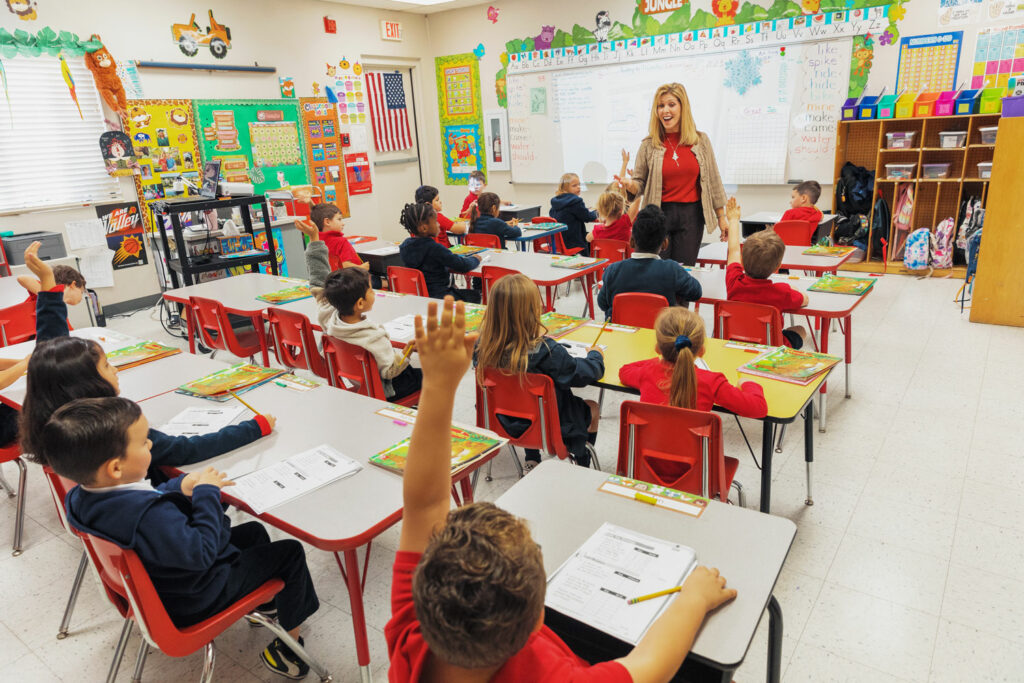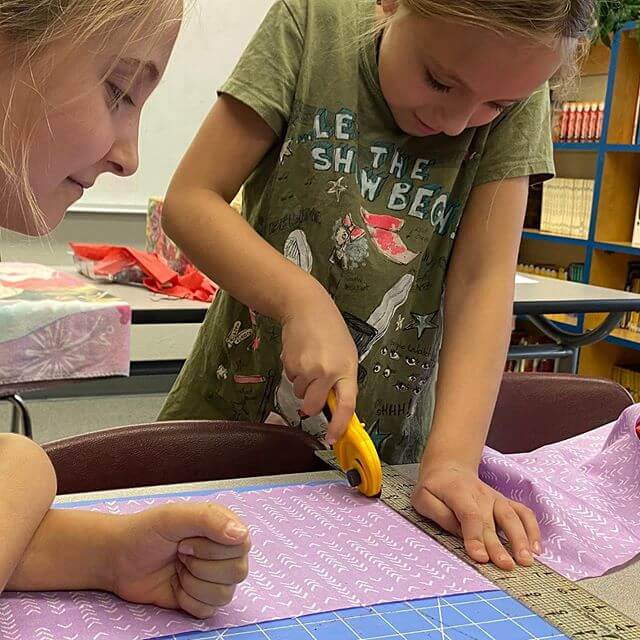We understand brilliant students require exceptional learning opportunities. Self Development Academy’s Gifted Program provides such opportunities. Through our advanced Gifted Program, qualified learners are given opportunities to develop high-level critical and creative thinking skills in an accelerated and academically rigorous environment.
STEM-based and accelerated, the Gifted Program at Self Development Academy offers what other schools do not: a precisely designed gifted program for the unique genius of each child.



Self Development Academy’s Gifted Program is designed to keep the brightest and most intellectually curious students engaged through integrative, project-based studies ranging across science, technology, engineering, the arts, and mathematics (STEAM).
Interdisciplinary projects and activities ensure deep, contextual understanding of advanced subjects, helping gifted students apply their newfound knowledge or skills in one subject area to vastly different academic and personal interests at school and at home.
1 – Loveless, T., Farkas, S., & Duffett, A. (2008). High-achieving students in the era of NCLB. Washington, DC: Thomas B. Fordham Institute.
2 – United States Census Bureau, “Educational Attainment in the United States: 2018”
We teach a grade higher than most Arizona schools, but our curriculum is much more than that. We focus on developing strong foundations and opening the door to unlimited futures.
AVERAGE TEACHER SALARY (A.R.S. §15-189.05), as added by Laws 2018, Ch. 285, §3
Self Development Charter School dba Self Development Academy-Mesa
1. Average salary of all teachers employed in budget year 2024 $ 57,157
2. Average salary of all teachers employed in prior year 2023 $ 53,961
3. Increase in average teacher salary from the prior year 2023 $ 3,196
4. Percentage increase 5.9%
Self Development Online Academy
1. Average salary of all teachers employed in budget year 2024 $ 57,157
2. Average salary of all teachers employed in prior year 2023 $ 53,961
3. Increase in average teacher salary from the prior year 2023 $ 3,196
4. Percentage increase 5.9%
Self Development Academy-Phoenix
1. Average salary of all teachers employed in budget year 2024 $ 57,576
2. Average salary of all teachers employed in prior year 2023 $ 51,100
3. Increase in average teacher salary from the prior year 2023 $ 6,476
4. Percentage increase 12.7%
Free language assistance, auxiliary aids, and/or accommodations are available upon request.
© 2024 Self Development Academy. All rights reserved.